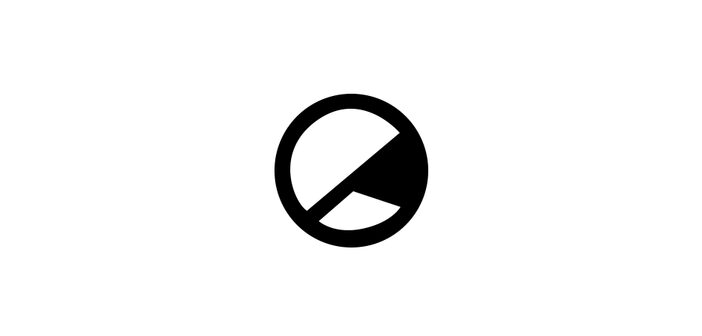After a ten year hiatus, Mel Gibson returns as director is this fantastic WWII drama.
-
8
After ten controversy-filled years, Mel Gibson returns to the director’s chair in this biographical war film, based on the experiences of Desmond Doss (Andrew Garfield), a pacifistic combat medic who saved the lives of 75 men during the battle of Hacksaw Ridge, despite never firing a weapon. Its quite astonishing that over 70 years after the end of the Second World War, Doss’ story is still relatively unknown. However, Gibson manages to completely bring it to life, evoking comparisons with some of the most iconic war movies ever made.
Regardless of what you may think of Gibson, he is undeniably a good director, with every shot of Hacksaw Ridge being beautifully crafted, particularly in the final two acts, which are mostly comprised of huge, bloody battles, showing the horrors faced on Hacksaw Ridge. Gibson does not shy away from the graphic realities of war, but neither does he indulge in them, and thus disrespect the memory of the soldiers who fought and died at Hacksaw. Indeed, the battle scenes we see throughout the picture are reminiscent of those at the start of Saving Private Ryan in their graphic detail, which only serve to highlight the heroics of Doss in staying behind and aiding the men who were injured in battle.
However, despite the grim tone of the later acts, the first act takes a more optimistic approach, as we are introduced to Desmond through his seduction of the woman who would later become his wife. These scenes, although undoubtedly clichéd in their approach, help to establish the type of person Desmond is; kindhearted and dedicated to his faith, yet somewhat naïve to the dangers of the world. This makes it all the more heartbreaking when we see Desmond being abused by his follow army cadets during basic training, for refusing to carry a firearm. These scenes were undoubtedly inspired by the first act of Full Metal Jacket, and the dry-witted drill sergeant (played brilliantly by Vince Vaughn) only serves to further this comparison. However, Gibson drags these scenes out, trying to create tension by showing a court martial proceeding, and suggesting that despite his bravery, Doss may not go on to fight in the war – even though anyone who’s seen the trailer, or even looked at the poster for this film knows that he inevitably does.
Andrew Garfield has received significant attention for his portrayal of Doss, and rightly so. Garfield comfortably conveys the conflict Doss feels between saving his own life, for the sake of his wife and his family, and staying behind to save the injured troops still on the battlefield. However, I can’t help feeling that despite his incredible performance, Garfield’s role in Martin Scorsese’s Silence is more deserving of an Oscar nomination. Indeed, like Silence, one could argue that Hacksaw Ridge is a religious biopic, as it is mainly Doss’ dedication to his faith that motivates him to save the lives of his fellow soldiers. However, Gibson downplays the role of religion in the film, and instead decides to focus on Doss’ compassion to his fellow man (even highlighting the fact that he offered aid to Japanese troops), thus allowing Doss’ heroics to affect as many people as possible.
Hacksaw Ridge is a war film, unlike anything that has been seen for decades, and whilst it may, at times, be clichéd or cheesy, it is nevertheless a perfect return to form for Mel Gibson.
Hacksaw Ridge, directed by Mel Gibson, is distributed in the UK by Lionsgate. Certificate 15




